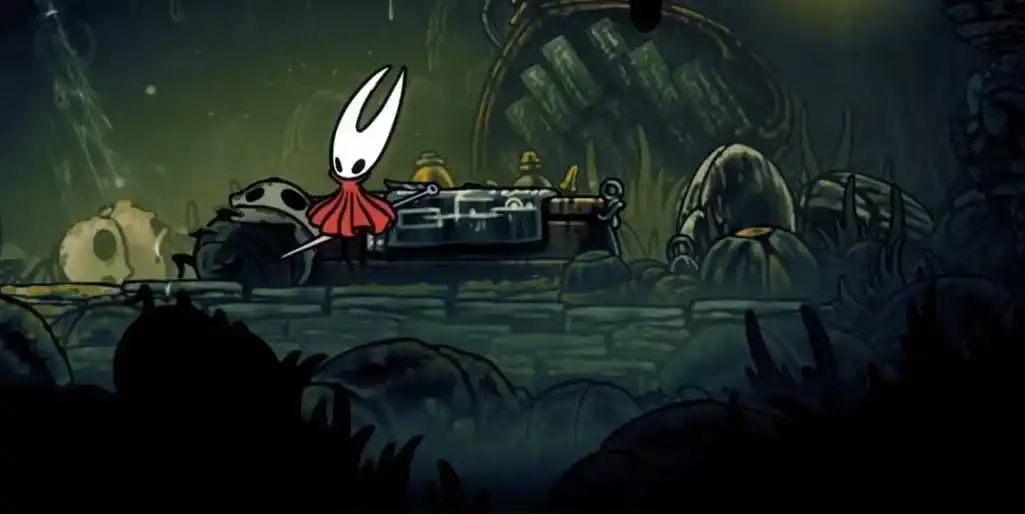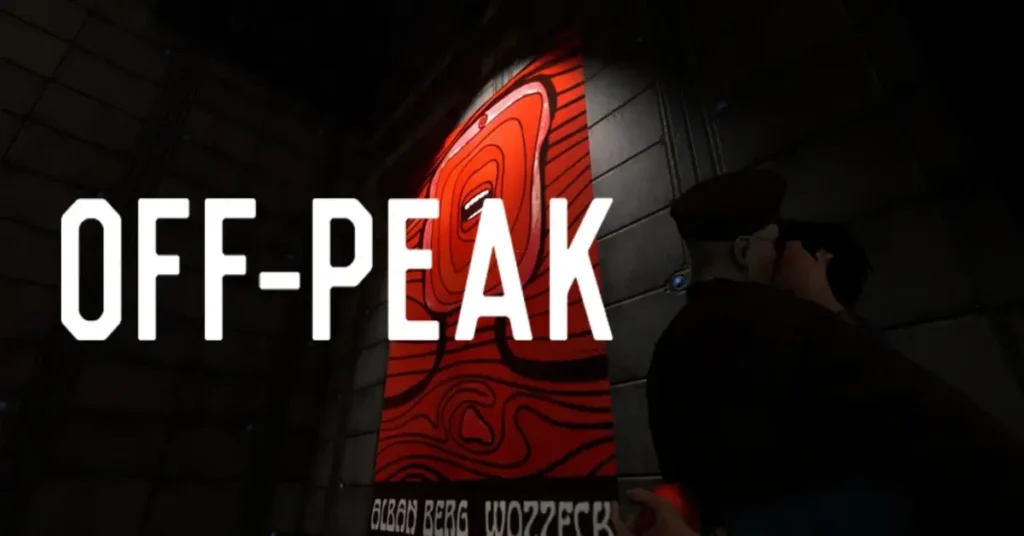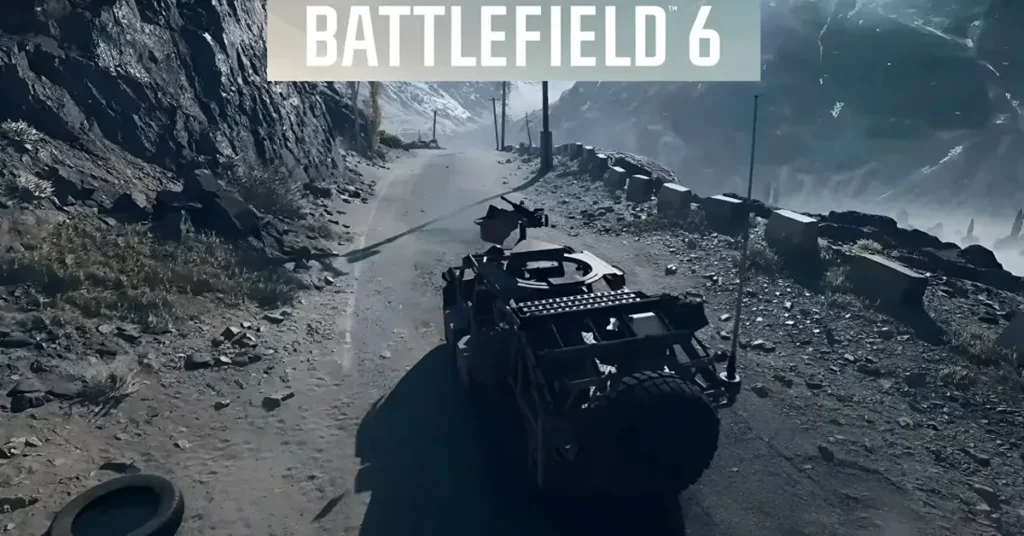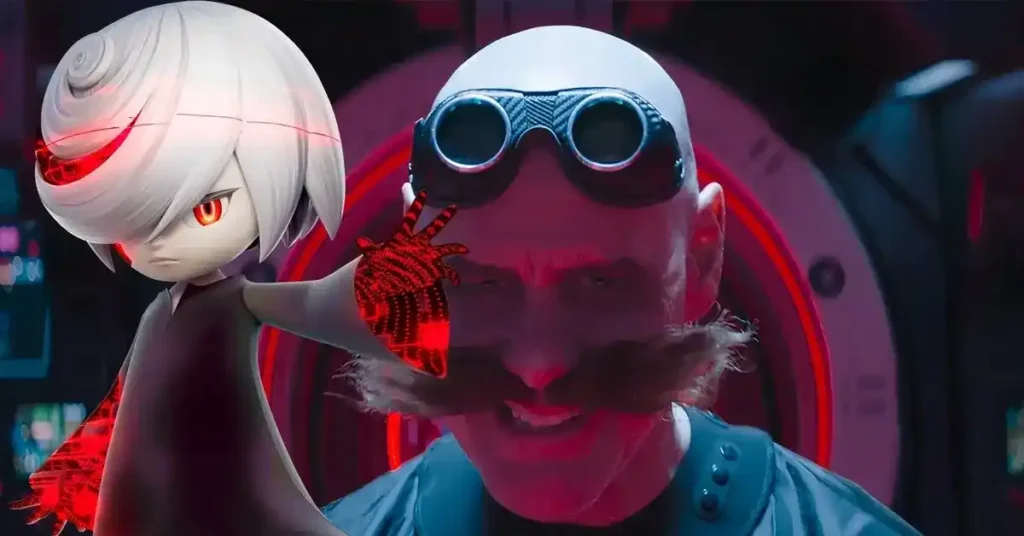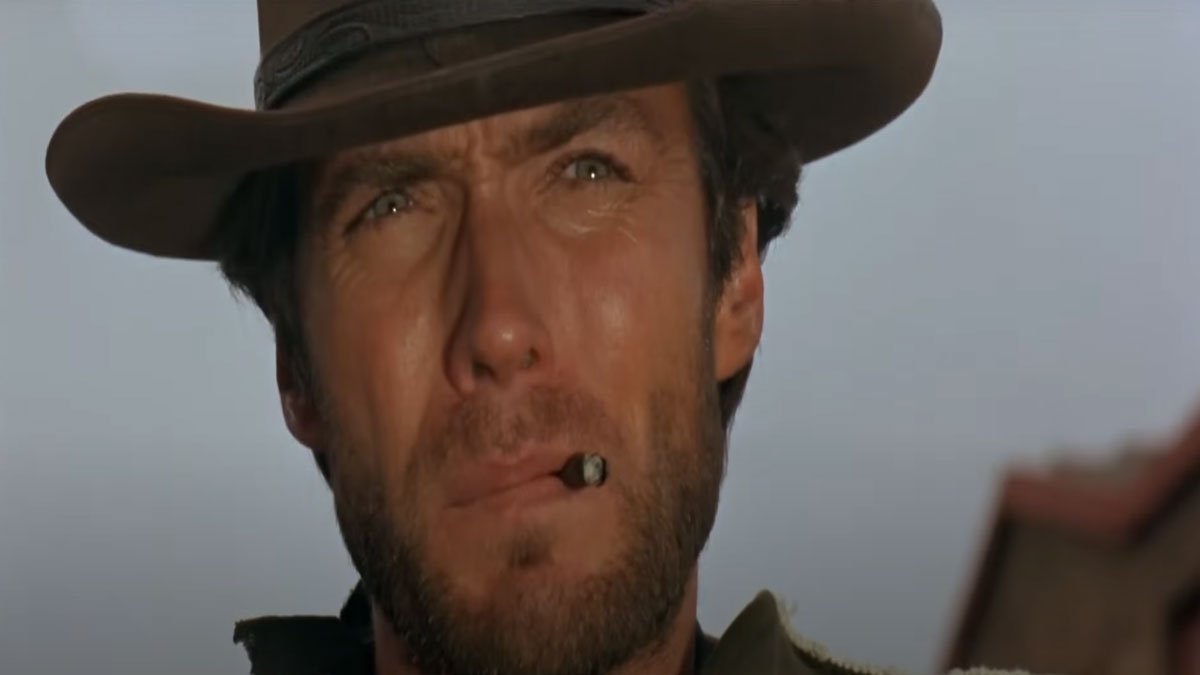
In 1955, a 25-year-old Clint Eastwood faced a disheartening moment—he was dropped from his contract with Universal Studios. Executives reportedly criticized his acting as stiff and his appearance as “too polished” for rugged Western roles. Many aspiring actors would have seen this as the end of the road.
And for Eastwood, this was just the spark that ignited a legendary career.
Table of Contents
From Obscurity to Icon: Clint Eastwood’s Relentless Rise
Instead of giving up, Eastwood persevered. He took on small roles in low-budget films and television shows, including Revenge of the Creature (1955) and Francis in the Navy (1955). These early performances didn’t win awards, but they were his training ground. He honed his screen presence, embraced the power of silence, and began developing the quiet intensity that would become his signature.
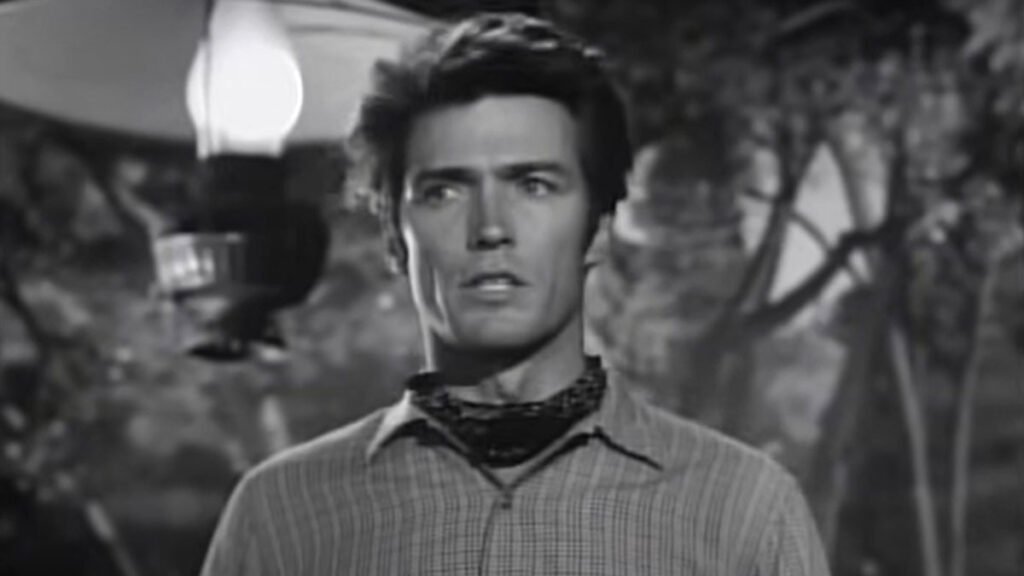
His first major break came in 1959 when he was cast as Rowdy Yates in the CBS series Rawhide. The show ran for eight seasons and gave Eastwood a steady platform to sharpen his craft and connect with American audiences.
But his defining moment came in 1964 with Sergio Leone’s A Fistful of Dollars.
A new breed of Western icon emerged through this film: tough, gritty, and morally complex. Eastwood reprised the role in For a Few Dollars More (1965) and The Good, the Bad and the Ugly (1966), completing the now-legendary “Dollars Trilogy” that catapulted him to international fame.
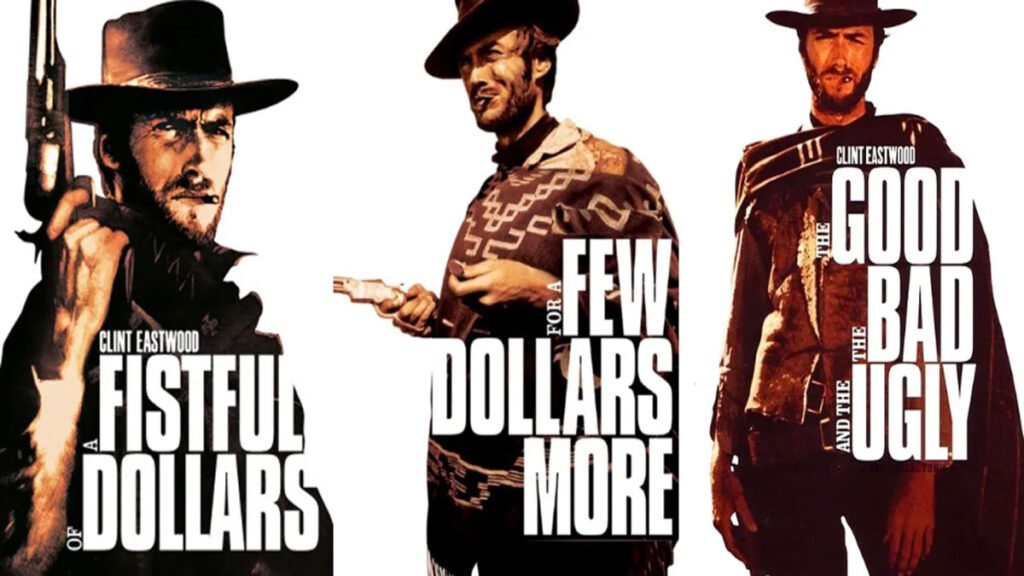
Clint Eastwood and the Transformation of the Western
In the 1970s and 1980s, Eastwood evolved from actor to auteur. Films like High Plains Drifter (1973), The Outlaw Josey Wales (1976), and Pale Rider (1985) redefined the Western genre. These weren’t just tales of gunslingers—they were meditations on vengeance, loneliness, morality, and redemption.
“What you put into life is what you get out of it.”
— Clint Eastwood
His characters were not invincible heroes. They were wounded, complex men grappling with inner demons and haunted pasts. This nuanced portrayal helped reshape public perception of Westerns, elevating them from formulaic entertainment to serious, character-driven storytelling.
A Career Without Limits
In 1992, Eastwood directed and starred in Unforgiven, a dark, reflective Western that confronted the mythology of the gunslinger head-on. The movie achieved both critical acclaim and box office success, taking home four Oscars, including Best Picture and Best Director, solidifying Eastwood’s standing as a visionary filmmaker.
And his creative journey didn’t stop there.
Over the next two decades, Eastwood delivered a string of acclaimed films: Mystic River (2003), Million Dollar Baby (2004), Letters from Iwo Jima (2006), Gran Torino (2008), American Sniper (2014), and Cry Macho (2021). Whether directing, producing, or acting, Eastwood consistently explored themes of justice, aging, war, and identity—often with quiet power and emotional depth.
“Respect your efforts, respect yourself. Self-respect leads to self-discipline. When you have both firmly under your belt, that’s real power.”
— Clint Eastwood
Loyalty, Craft, and Quiet Consistency
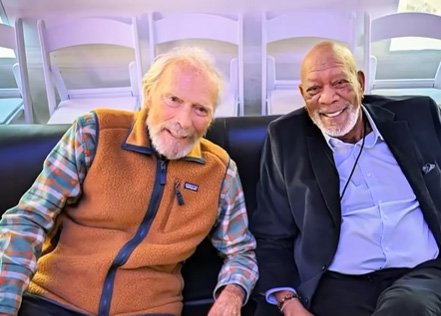
Eastwood is known for working with a trusted circle of collaborators—actors like Morgan Freeman and Gene Hackman, and longtime crew members such as editor Joel Cox and cinematographer Jack N. Green.
He also maintained a lifelong friendship with actress Mara Corday, who passed away in 2025 at the age of 95.
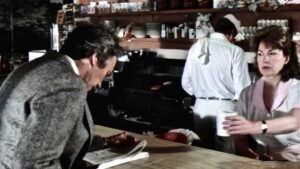
An Unmatched Legacy Still in Motion
From early rejection to timeless legend, Clint Eastwood’s journey defies expectations. He didn’t just adapt to Hollywood—he reshaped it. Through grit, patience, and vision, he built one of the most enduring legacies in cinematic history.
Now 94, Eastwood continues to craft compelling stories, his legacy extending far beyond Westerns to represent the power of reinvention and enduring artistry.
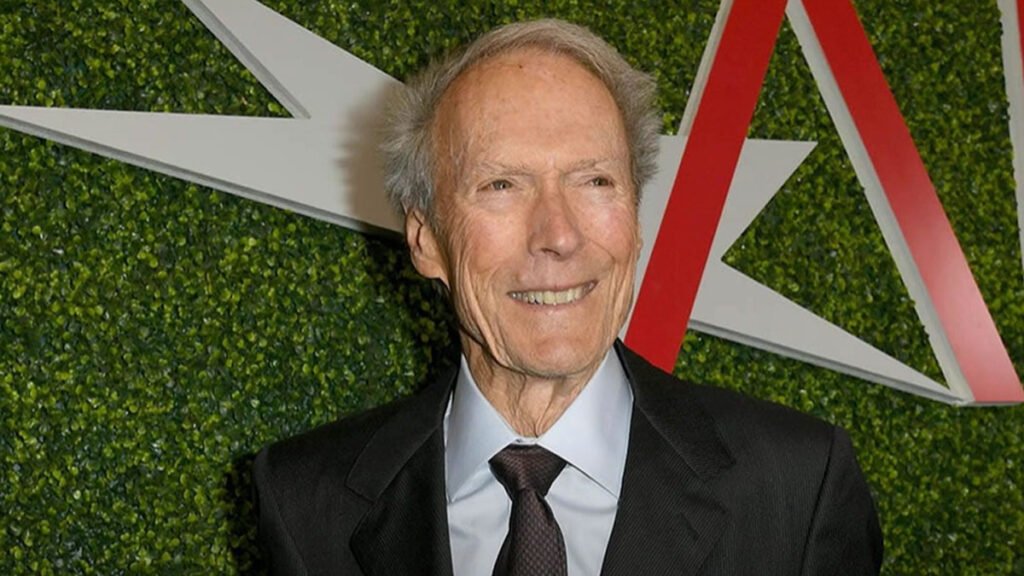
Key Takeaways:
- Clint Eastwood was let go by Universal Studios in 1955 for being “too polished” and inexperienced.
- He gained recognition in Rawhide and became a global star through Leone’s Dollars Trilogy.
- As a director, he reshaped the Western genre with psychological depth and moral complexity.
- Unforgiven made history with four Academy Awards, taking home Oscars for Best Picture and Best Director, among others.
- Eastwood’s still going strong in his 90s, churning out films that showcase his enduring talent.
Recent Post
Putrified Ducts in Hollow Knight Silksong & 5 Epic Rewards
The Putrified Ducts in Hollow Knight: Silksong are one of Act 2’s most interesting areas….
KPop Demon Hunters $20M Deal Loss – Sony Now Regrets
KPop Demon Hunters was a huge success on Netflix. But Sony walked away with only…
Off-Peak Free Steam: 7 Strong Reasons to Play Today
Off-Peak Free Steam is short, strange, and unforgettable. It drops you into a dreamlike train…
Valve Cuts PayPal Support for Steam Users in Smaller Regions Amid Bank Pressure
PayPal Pulled from Smaller Markets Valve has dropped PayPal as a Steam payment option in…
Battlefield 6 Beta Review – My (Mostly) Unfiltered Take
Alright, so I basically lived inside the Battlefield 6 beta for a few days. Sleep?…
Sonic 4’s Exciting Twist: Sage Takes Over as New Villain
The Sonic the Hedgehog series has been speeding along for decades, but Sonic 4 promises…

